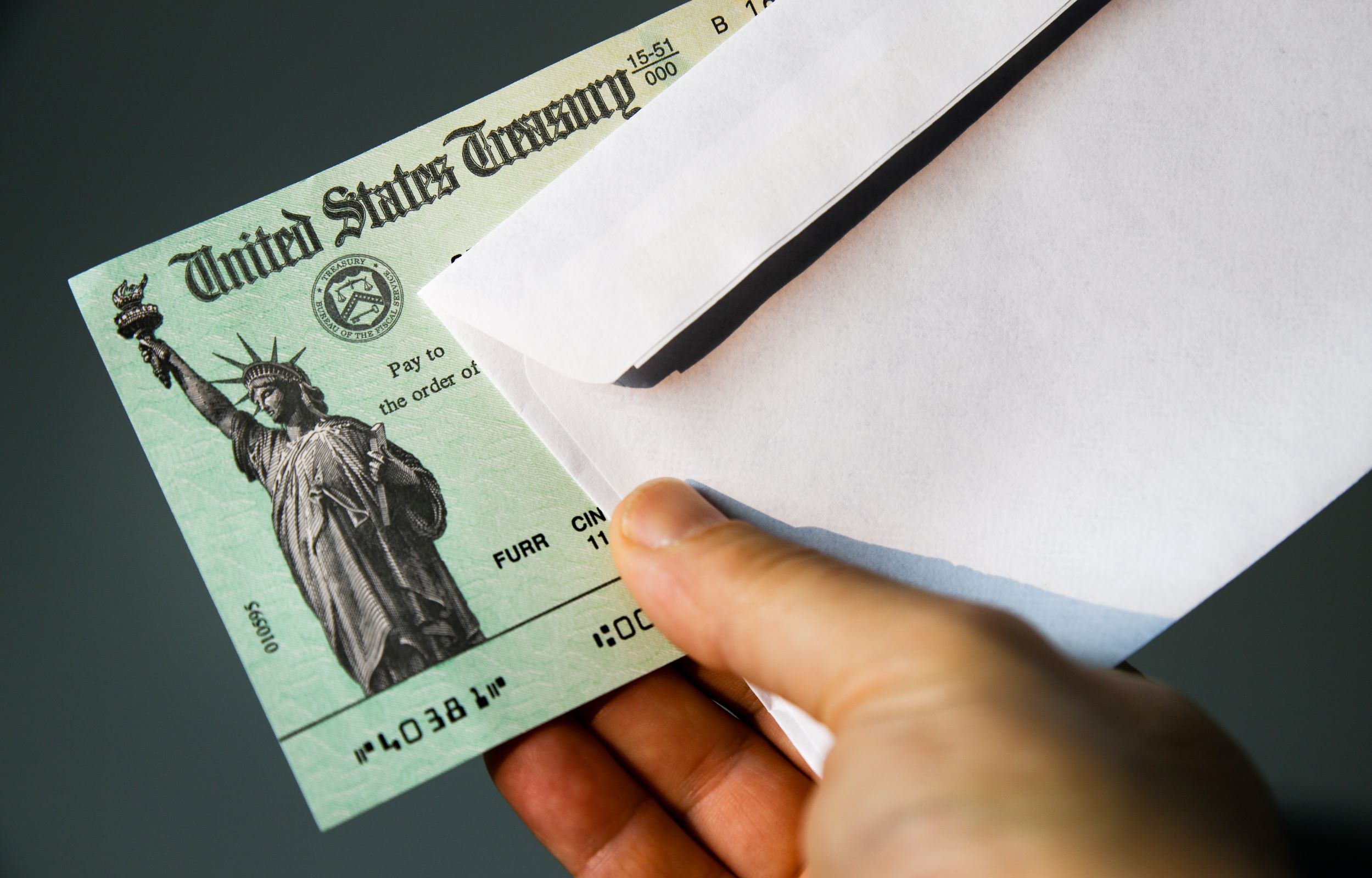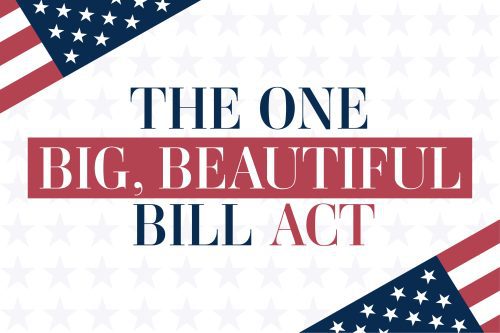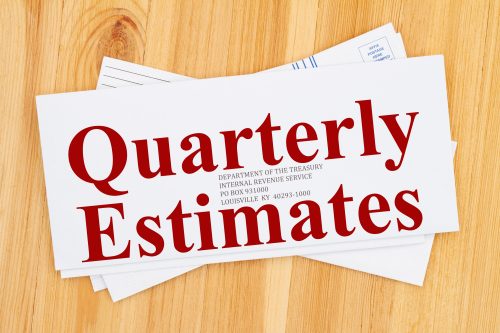A Second Stimulus Package is Here. Here’s How It May Help You.
On December 27, 2020, former president Donald Trump, signed into law a stimulus package called the Consolidated Appropriations Act, 2021.
The law combines two initiatives. The first is a spending bill for 2021, and the second is a $900 billion stimulus package. The key provisions of the stimulus package, as well as any changes to individual income tax provisions contained in the law, are as follows:
Stimulus Provisions
The major stimulus provisions in the law are as follows:
- Provides for emergency unemployment benefits of $300 per week for an additional 11 weeks
- Direct cash assistance payments of $600 for each family member, subject to phaseout when adjusted gross income exceeds $75,000 for an individual tax filer, and $150,000 for married taxpayers
- Second round of Paycheck Protection Program (PPP) forgivable loans for businesses that meet specific criteria as to the number of employees and whether the business has used or will use the full amount of the first PPP loan
Tax Provisions
In what has become an annual tradition, Congress did extend many tax provisions scheduled to expire on December 31, 2020. Some were extended permanently (Permanent), and others were extended for one (2021), three (2023), or five years (2025). The most popular provisions that were extended include the following:
- Reduction of the medical expense deduction floor to 7.5% (it had been 10%) (Permanent)
- Extension of the charitable deduction of up to $300 ($600 for joint returns) for taxpayers who do not itemize their deductions (Permanent)
- Repeal of qualified tuition and related expense deduction. This was replaced with an increased income limitation on the Lifetime Learning Credit. (Permanent)
- Exclusion from income the discharge of qualified principal residence indebtedness (2025)
- Residential energy-efficient property credit (2023)
- Treatment of mortgage insurance premiums as qualified residence interest (2021)
The law also includes the following tax provisions:
- Temporary repeal of the 50% limitation on the deduction for food and beverages. For tax years 2021 and 2022, 100% of those expenses are deductible.
- Allows for the deduction of expenses paid for with proceeds from PPP loans
Finally, although the wording is a bit tricky, the new law contains language that allows employees who have unused balances in their flexible spending accounts or dependent care accounts at the end of 2020 or 2021 to roll those balances forward up to 12 months after the plan year-end. It is important to note that the way the law is written, the employer must amend their plan to allow for this.
This likely will not be the last of the stimulus provided by Congress. Also, Federal regulations will need to be written to address how to implement many of the changes the above law makes. We will continue to bring you any changes or clarifications to the law that are important to you and your family.
















